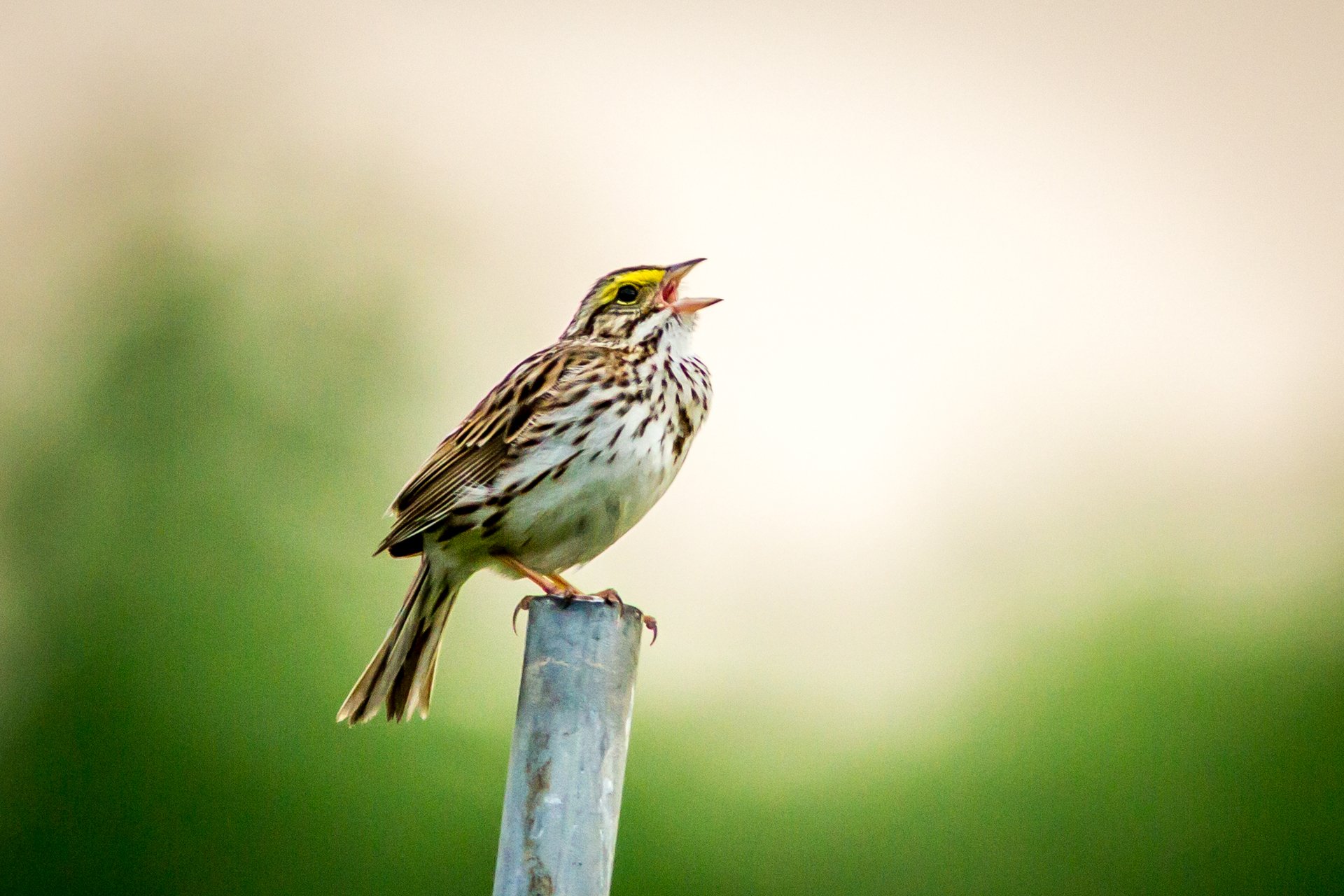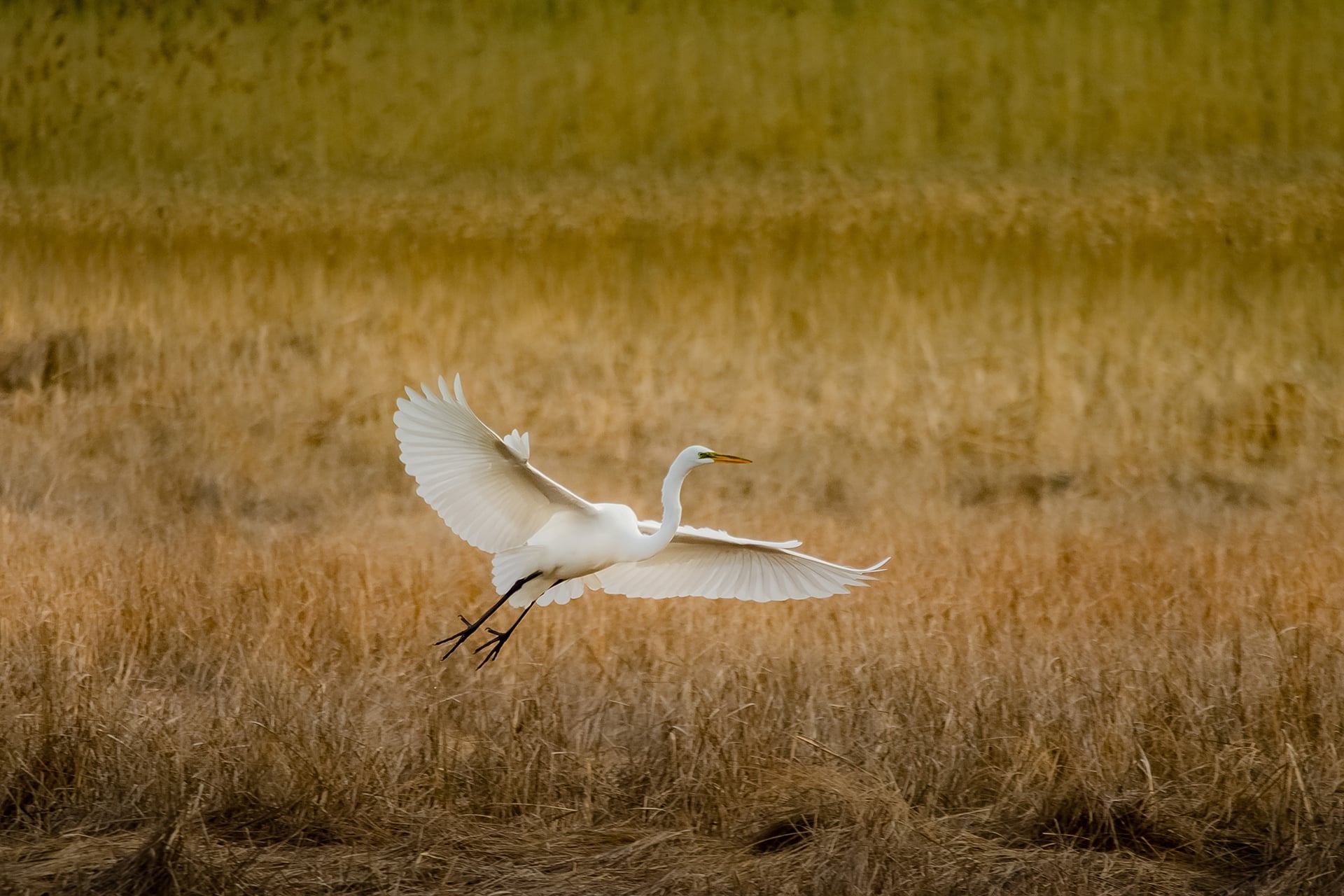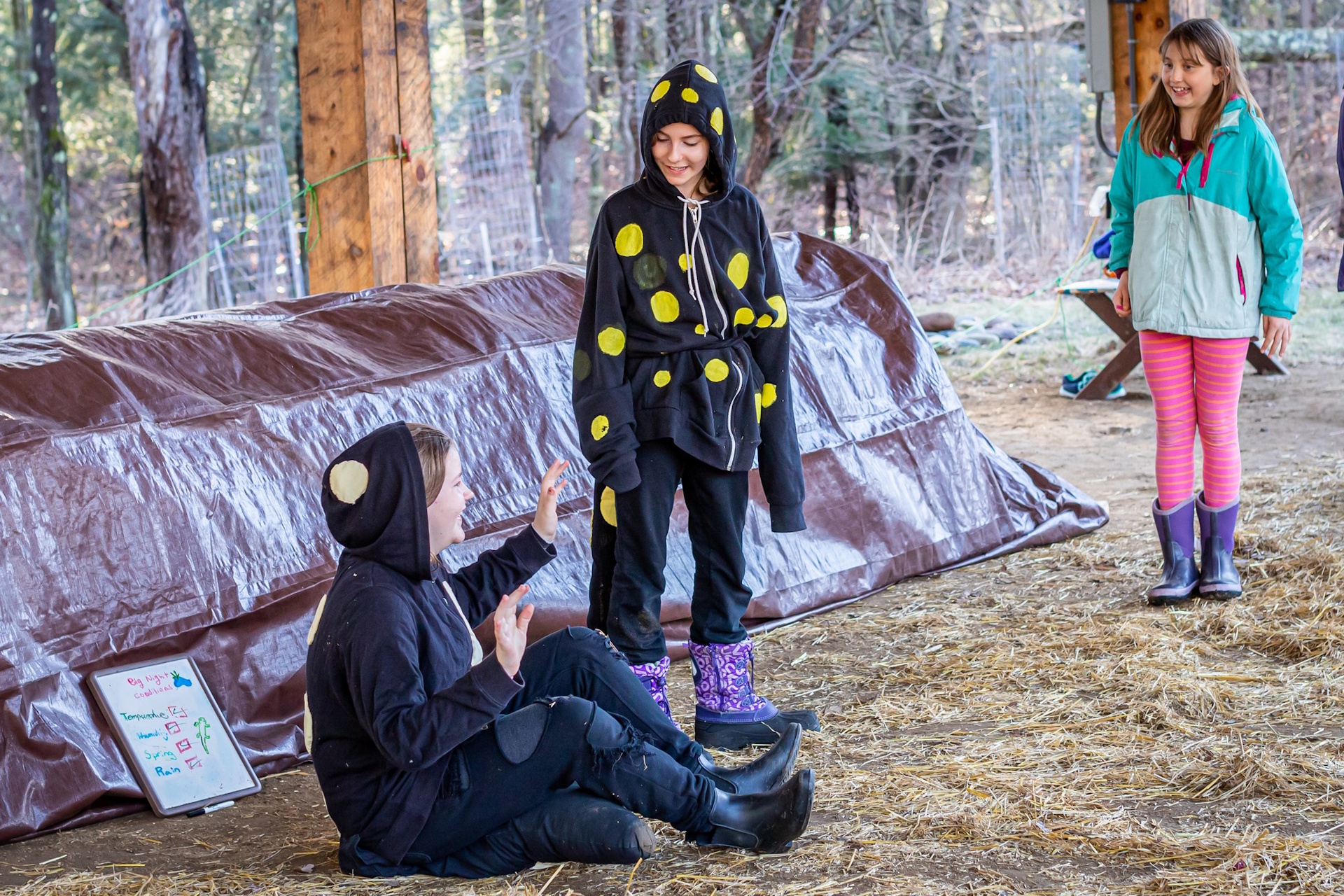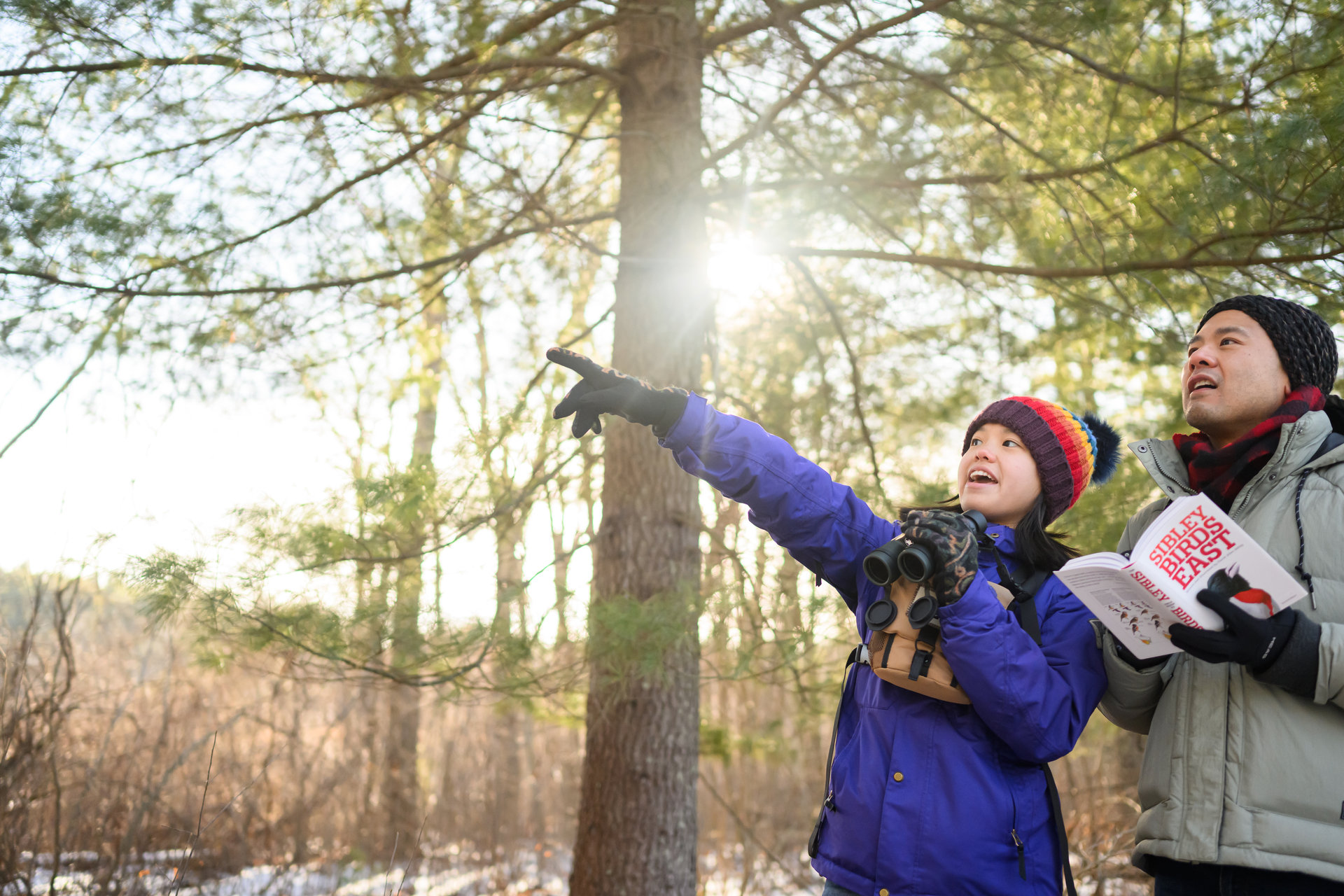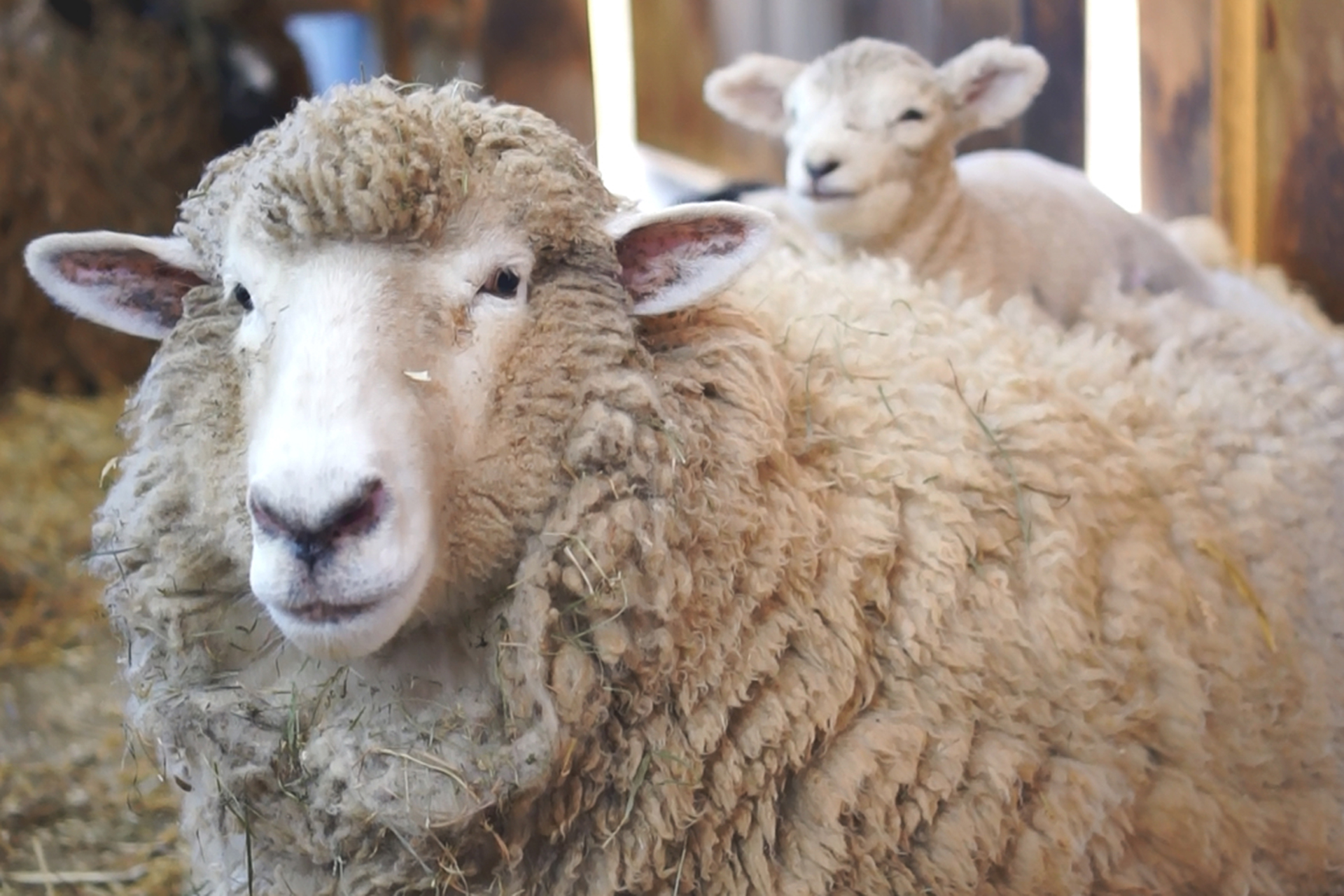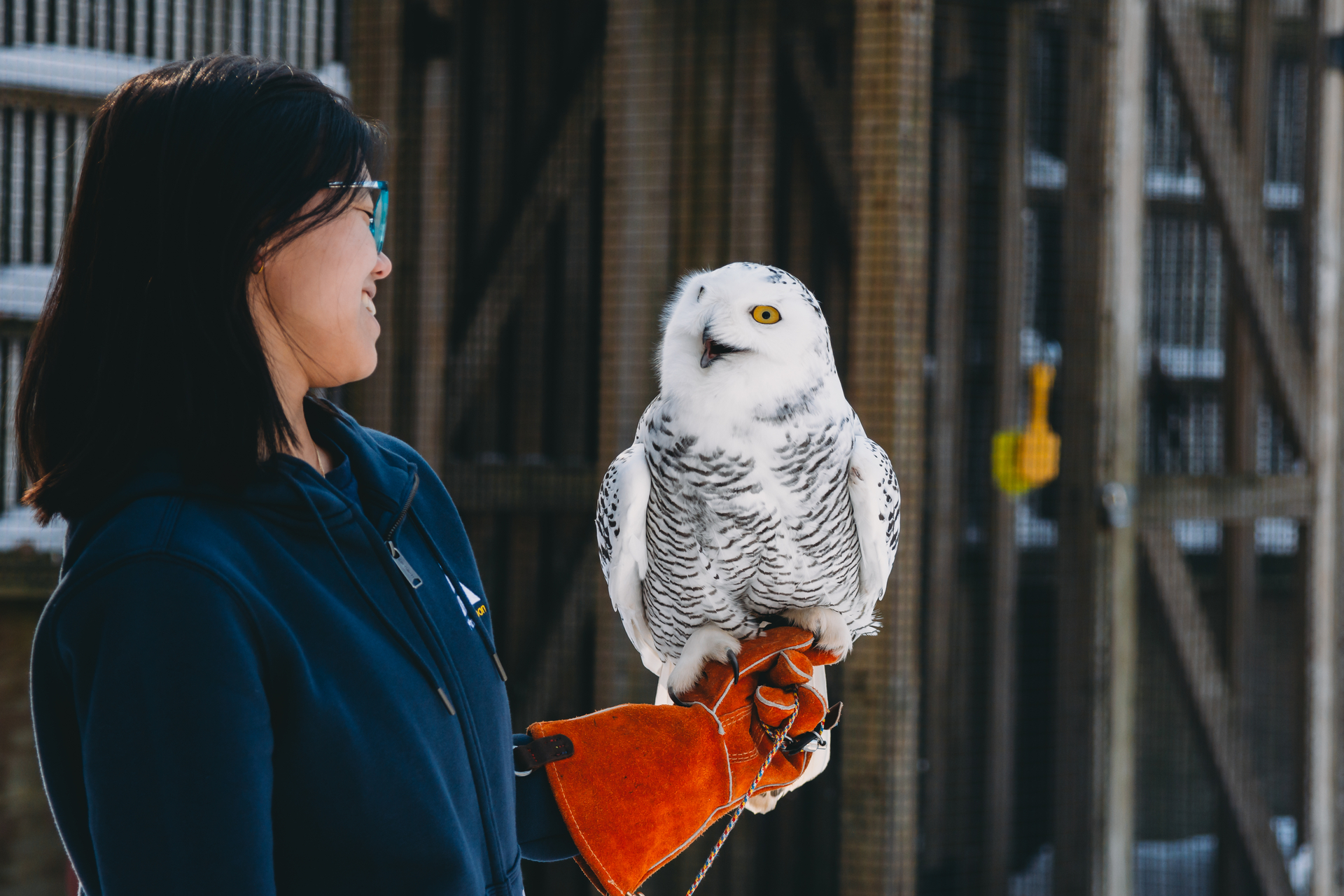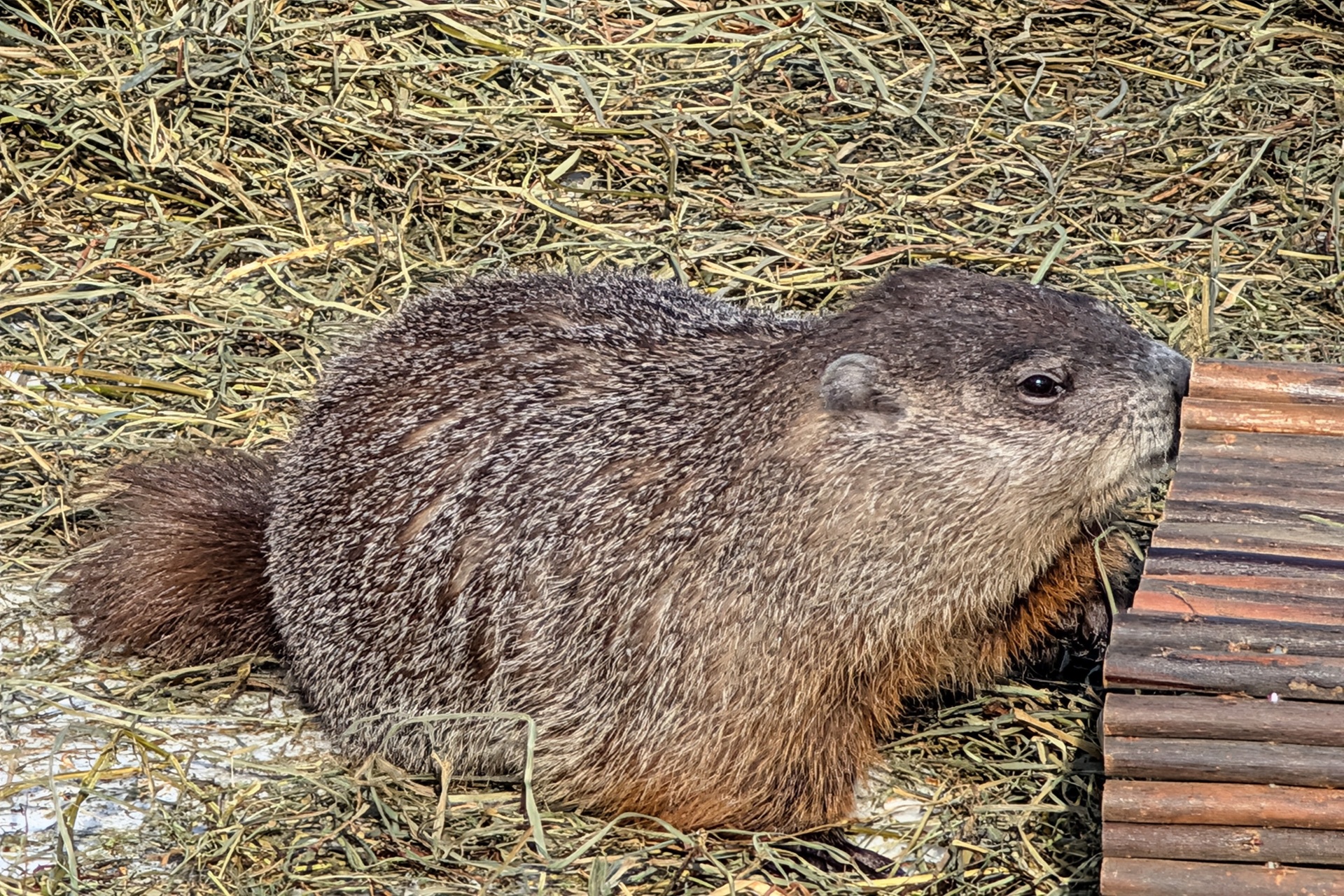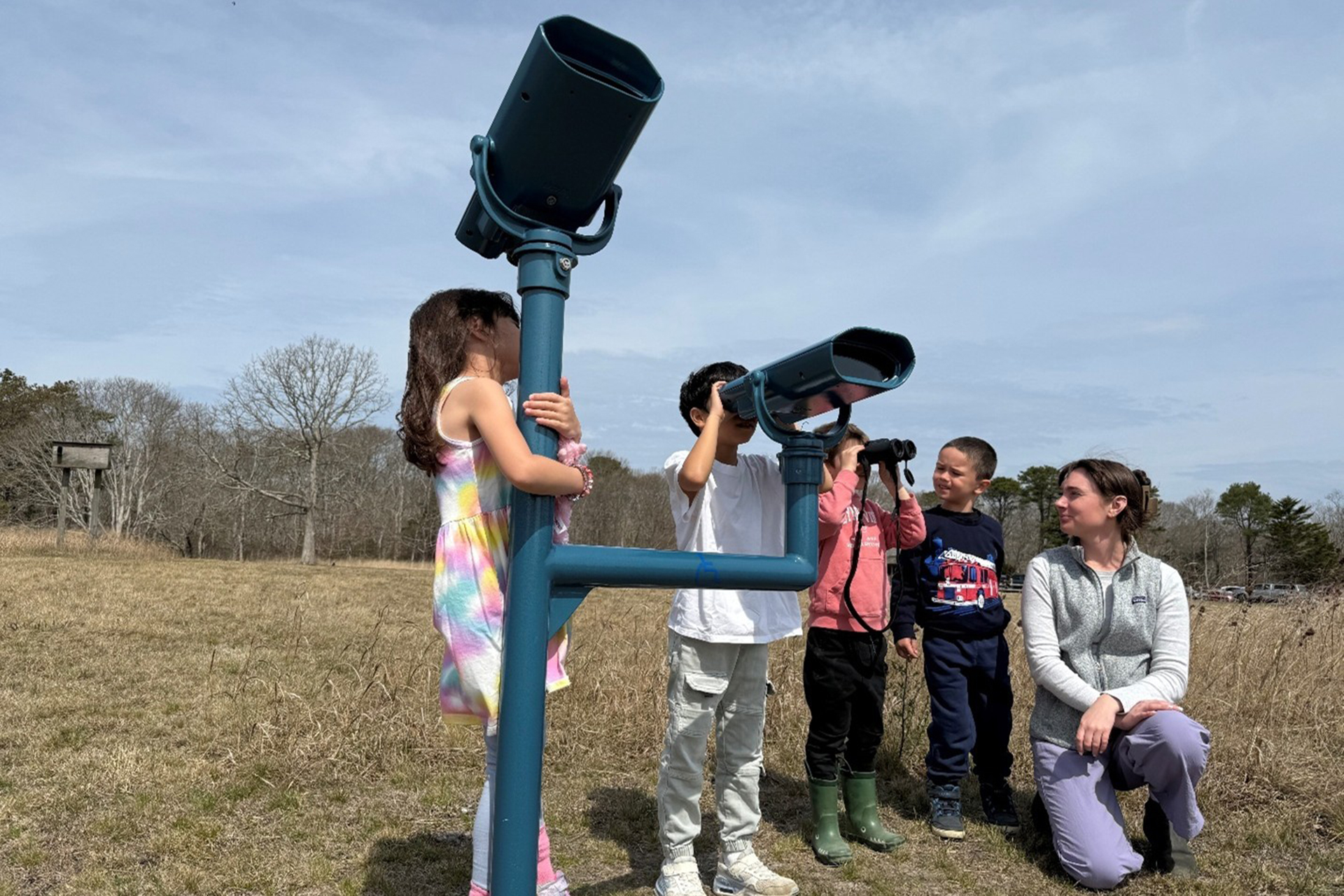News
Message from Our President: A Milestone to Celebrate
Keep Reading13 Birthday Wishes for Our 130th Birthday
Keep Reading8 New Pieces Added to Mass Audubon's Art Collection
Keep ReadingTwo Snowy Owls Join Mass Audubon as Wildlife Ambassadors
Keep ReadingMs. G Predicts 6 More Weeks of Winter
Learn More2025 Year in Review: Mass Audubon on Martha’s Vineyard & Nantucket
Keep ReadingWildlife on Tap Lecture Series
Keep ReadingShowing 1-9 of 645 results



